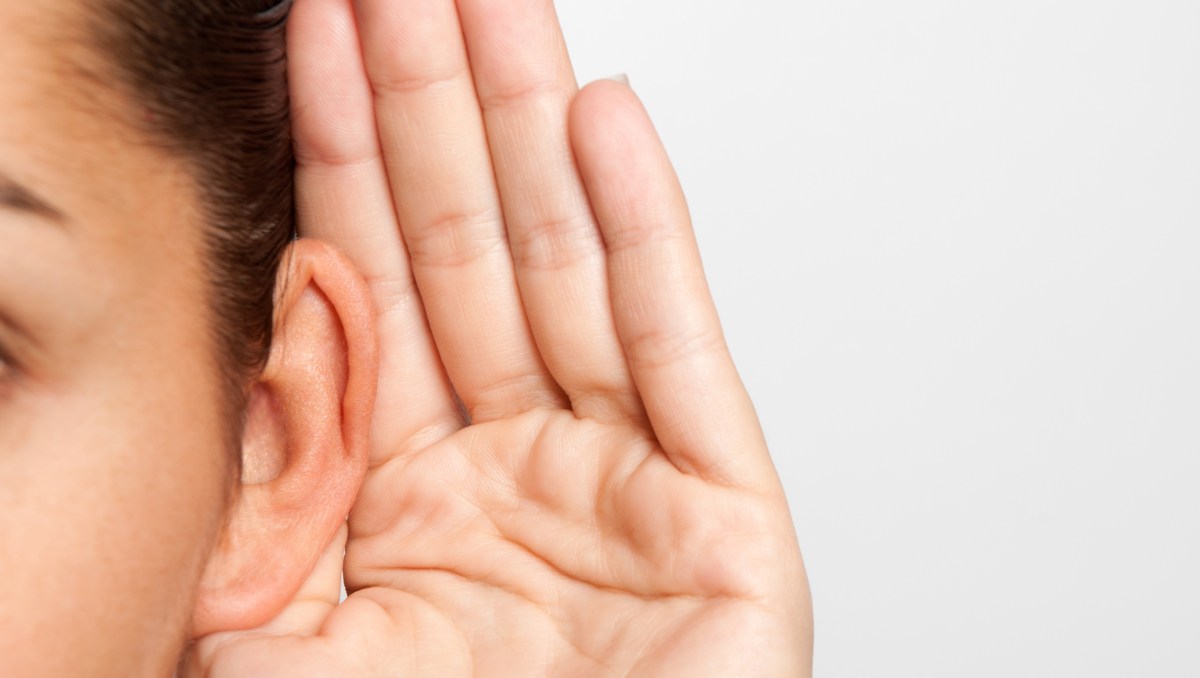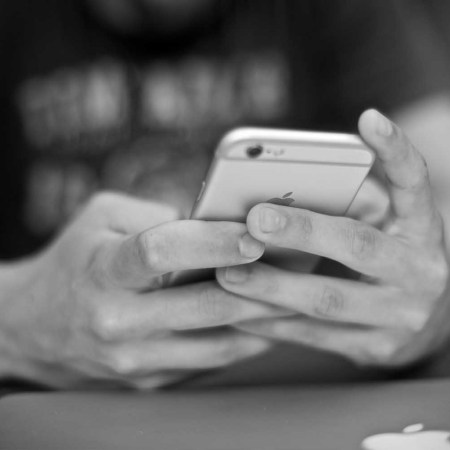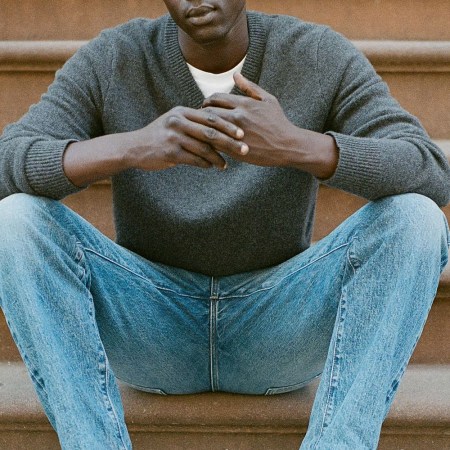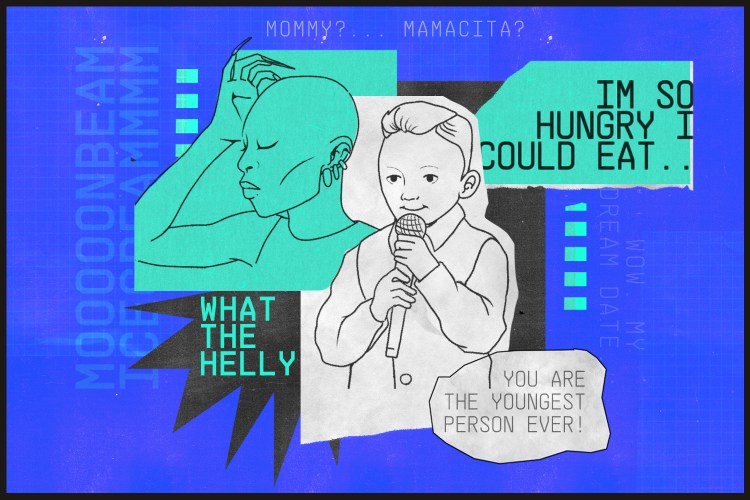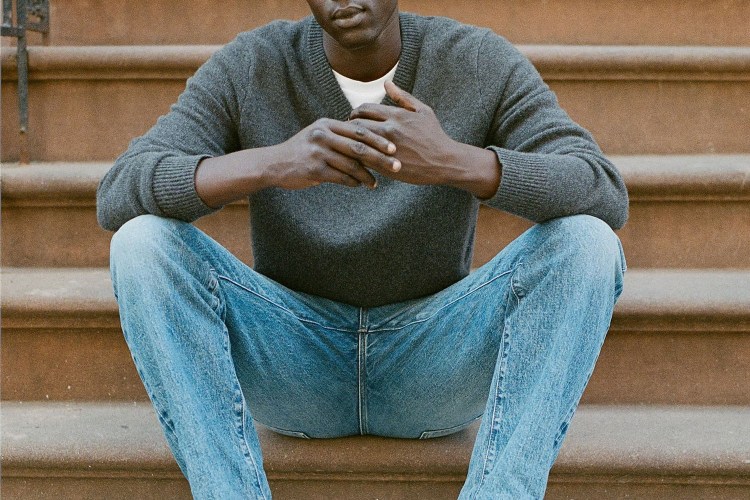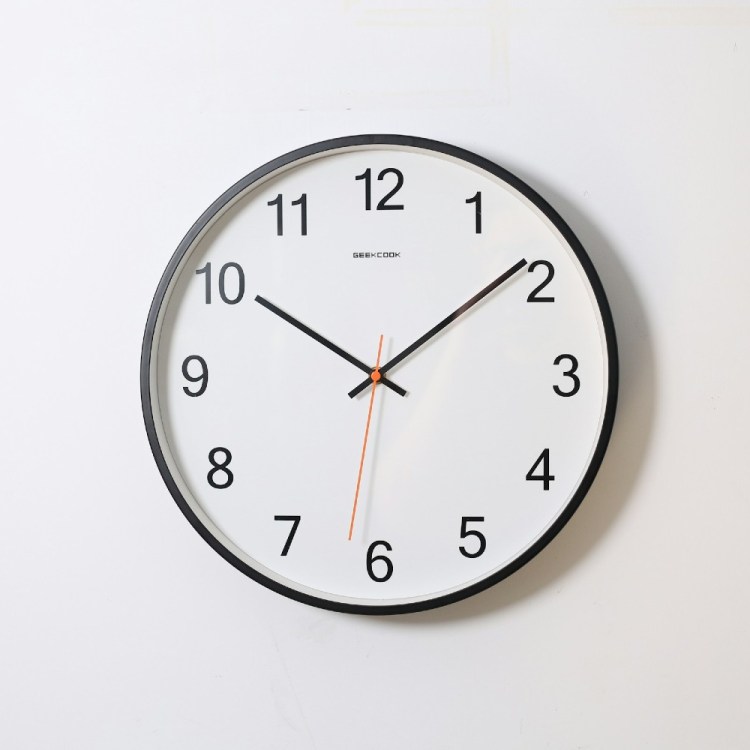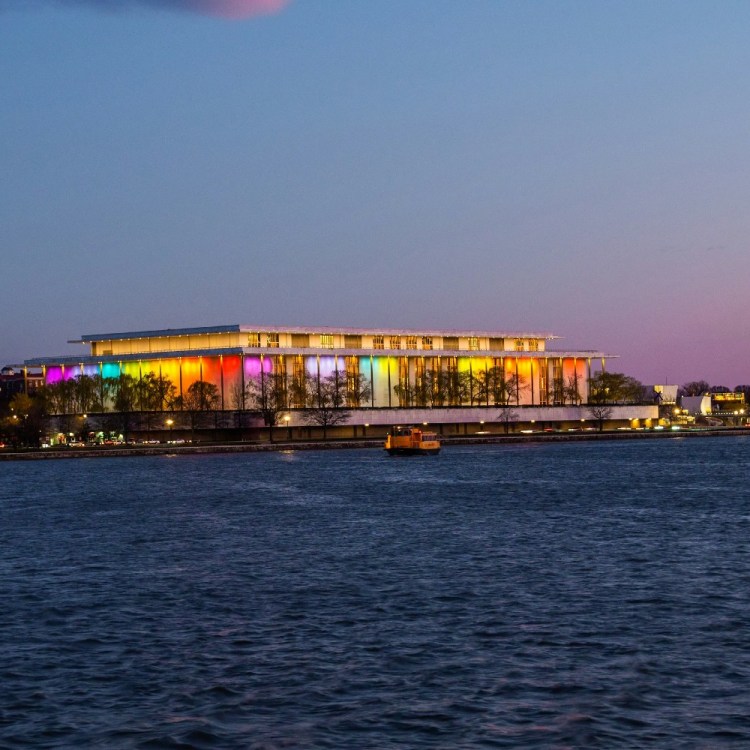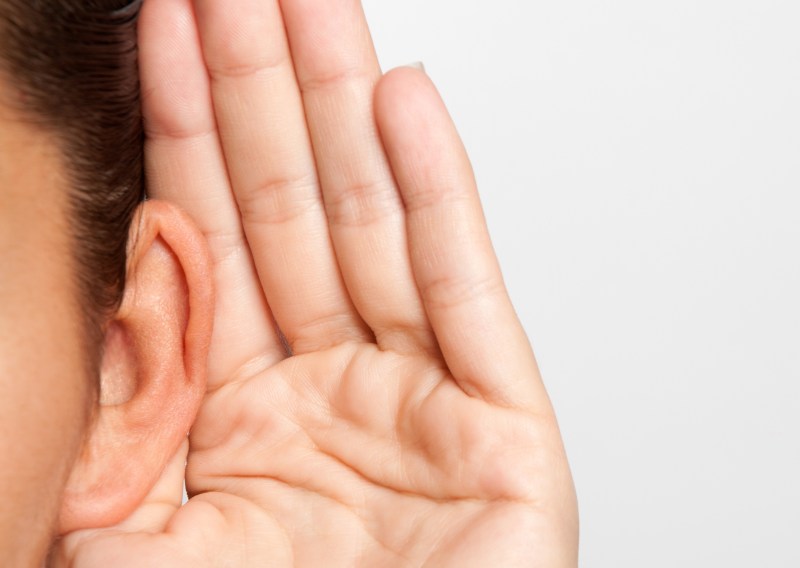
We’ve all been there at some point or another. You catch a video or audio recording of yourself, and are surprised or unpleased with how your voice sounds. “Do I really sound like that?,” you think to yourself. The answer is yes, but that’s not how you heard it when you said it. The voice you hear when you speak out loud is different than what you hear on a recording, because your ears and brain process the two sounds differently.
When you hear a sound that’s not your voice (like a bus screeching), the sound waves hit your outer ear and then travel down your ear canal to your eardrum. This creates vibrations which your brain then processes as sound.
However, this process gets a little muddled when the sound is coming from you, because the act of talking creates vibrations in your vocal chords. They travel to your ear canal and eardrum, making your own voice sound much deeper and richer than it actually is. For more info on how we hear our own voices, watch the video below.
This article appeared in an InsideHook newsletter. Sign up for free to get more on travel, wellness, style, drinking, and culture.
